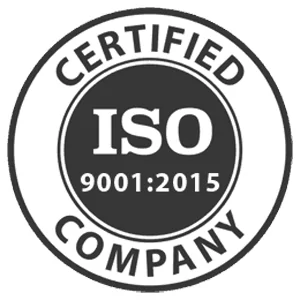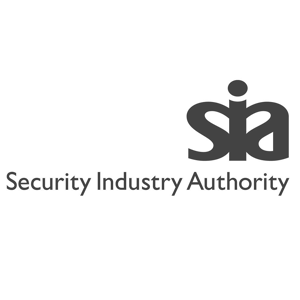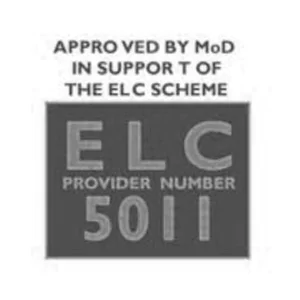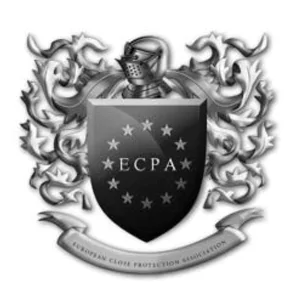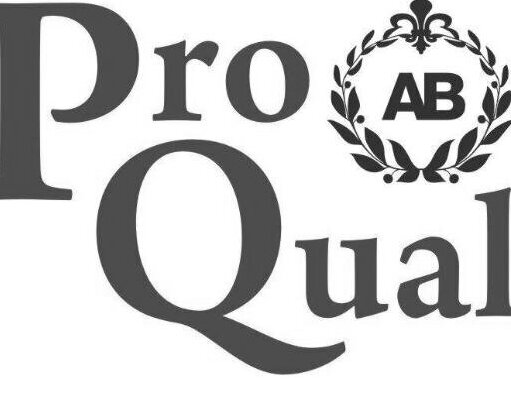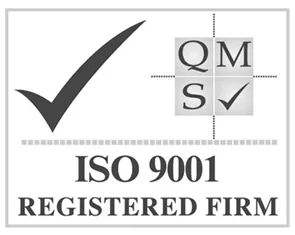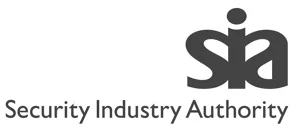UCP Level 3 Award in Hostile Environment Awareness Training
Safety, Survival & Tactical Response for Security Professionals
COURSE INFORMATION
The UCP Level 3 Certificate in Hostile Environment Awareness aims to raise the level of knowledge and understanding for individuals working or planning to work in hostile or potentially hostile environments. Topics include identifying risks, planning for incidents and reacting in crises situations in hostile environments.
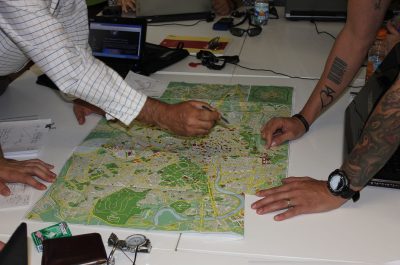
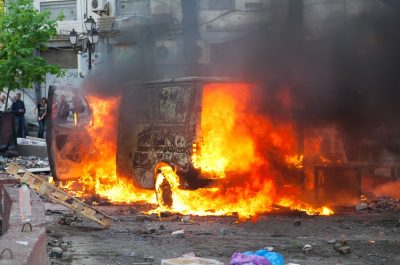

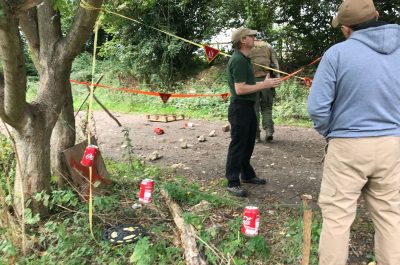
COURSE INFORMATION
Hostile Environment Awareness Training (HEAT) is designed to prepare individuals, particularly those working for non-governmental organizations (NGOs), for the unique challenges and risks associated with traveling and operating in high-risk regions or hostile environments. The purpose of HEAT is to enhance participants’ awareness, preparedness, and ability to mitigate risks while working in areas where they may encounter threats such as conflict, terrorism, crime, natural disasters, or political instability.
For NGOs traveling overseas to high-risk regions, HEAT serves several critical purposes:
Risk Awareness: HEAT training educates participants about the specific risks and threats they may encounter in the regions they plan to operate in. This includes understanding the local security environment, potential hazards, and cultural sensitivities.
Personal Safety and Security: HEAT training equips participants with practical skills and knowledge to enhance their personal safety and security while working in high-risk areas. This includes techniques for situational awareness, avoiding danger, responding to threats, and managing personal security risks.
Emergency Preparedness: HEAT training prepares participants to respond effectively to emergencies and crisis situations that may arise while working overseas. This includes training in first aid, emergency evacuation procedures, communication protocols, and crisis management.
Cultural Sensitivity and Communication: HEAT training helps participants develop cultural awareness and sensitivity to navigate diverse cultural and social contexts effectively. Effective communication skills are emphasized to build relationships with local communities and stakeholders while minimizing misunderstandings or conflicts.
Legal and Ethical Considerations: HEAT training provides participants with an understanding of relevant legal and ethical considerations when operating in high-risk environments. This includes compliance with local laws and regulations, as well as adherence to organizational policies and codes of conduct.
The outcome of HEAT training for NGOs traveling overseas to high-risk regions is multifaceted:
Improved Safety and Security: Participants gain the skills and knowledge necessary to assess and mitigate security risks, reducing the likelihood of harm to themselves and their colleagues while working in challenging environments.
Enhanced Resilience: HEAT training helps build participants’ resilience and adaptability to cope with stressful or dangerous situations effectively. This includes mental preparedness, stress management techniques, and strategies for maintaining well-being in challenging circumstances.
Effective Risk Management: NGOs are better equipped to assess, plan for, and manage risks associated with their operations in high-risk regions, ensuring the safety and security of their personnel and the successful implementation of their projects and programs.
Strengthened Organizational Capacity: HEAT-trained personnel contribute to building the organizational capacity of NGOs to operate safely and effectively in high-risk environments, enhancing their ability to fulfill their missions and deliver assistance to vulnerable populations.
ENTRY REQUIREMENTS
There are no formal entry requirements for this qualification.
Centres should carry out an initial assessment of candidate skills and knowledge to identify any gaps and help plan the assessment.
QUALIFICATION STRUCTURE

ASSESSMENT
Candidates must demonstrate the level of knowledge described in the unit. Assessment is the process of measuring a candidate’s knowledge and understanding against the standards set in the qualification.
Each candidate is required to produce evidence which demonstrates their achievement of all of the learning outcomes and assessment criteria for each unit.
Evidence can include:
– assignments/projects/reports
– worksheets
– portfolio of evidence
– course work
Learning outcomes set out what a candidate is expected to know, understand or be able to do.
Assessment criteria specify the standard a candidate must meet to show the learning outcome has been achieved.
To achieve this qualification all candidates must produce evidence which demonstrates their achievement of all of the assessment criteria.
Course Cost
£2000
Location
UK, Europe, USA, and Thailand
Course Dates
Any time of the month
Course Length
3 Days
30 GLH and 38 TQT (Flexible format: Full-time or Modular)
Assessments
There must be valid, authentic and sufficient for all the assessment criteria. However, one piece of evidence may be used to meet the requirements of more than one learning outcome or assessment criterion.
PREREQUISITES
- Evidence Of Managerial, Aid-Worker Level Or Work Reason For Participating In This Course.
- UCP Level 2 Basic Award in First Aid at Work Awareness
- Or Equivalent with Instructor’s Approval
QUALIFICATION STRUCTURE
Risk Assessment: Understanding the factors contributing to risk in different environments, including conflict zones, areas of political instability, regions prone to natural disasters, or places with high levels of crime. Participants learn how to assess and analyze security threats, evaluate vulnerabilities, and develop risk mitigation strategies.
Security Awareness: Developing situational awareness and vigilance to recognize potential security threats and risks in the environment. This includes understanding indicators of suspicious activity, assessing the credibility of threats, and maintaining a proactive approach to personal and organizational security.
Personal Safety and Security: Techniques and best practices for enhancing personal safety and security while traveling and working in hostile environments. This may include strategies for safe movement, avoiding danger, responding to emergencies, and protecting oneself from physical harm.
Crisis Management: Training in crisis management and response procedures to effectively handle emergencies, incidents, or security threats. This includes developing contingency plans, communication protocols, evacuation procedures, and coordination with local authorities or security partners in the event of a crisis.
First Aid and Medical Training: Basic first aid skills and medical training to address common injuries, illnesses, or medical emergencies encountered in hostile environments. Participants learn techniques for providing immediate medical care, managing trauma, and stabilizing patients until professional medical assistance is available.
Cultural and Contextual Awareness: Understanding the cultural, social, and political dynamics of the host country or region, including local customs, traditions, and sensitivities. This includes training in cross-cultural communication, negotiation skills, and building positive relationships with local communities and stakeholders.
Legal and Ethical Considerations: Knowledge of relevant laws, regulations, and ethical standards governing humanitarian, development, or advocacy work in high-risk environments. This includes understanding legal rights and responsibilities, compliance with international humanitarian law, human rights principles, and organizational policies.
Stress Management and Resilience: Strategies for managing stress, coping with uncertainty, and maintaining resilience in challenging or hostile environments. Participants learn techniques for self-care, stress reduction, and mental well-being to sustain their effectiveness and performance in demanding situations.
Technology and Security Tools: Familiarity with security technology, communications equipment, and digital tools used for enhancing safety and security in the field. This may include training in GPS navigation, emergency communication devices, encrypted communication platforms, and digital security protocols.
Practical Exercises and Simulations: Hands-on practical exercises, role-playing scenarios, and simulations to reinforce learning objectives and allow participants to apply their skills and knowledge in realistic scenarios. This may include mock drills, field exercises, and debriefings to analyze lessons learned and identify areas for improvement.
Overall, HEAT courses aim to provide comprehensive training and preparation for individuals and organizations operating in hostile environments, equipping them with the skills, knowledge, and mindset needed to navigate risks, ensure personal safety, and effectively carry out their missions in challenging contexts.


